News
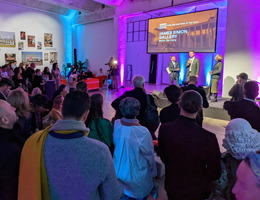
Lord Cultural Resources is proud to be a part of the LCDBerlin Awards 2022. We’ve partnered with LCD on the Soft Power Destination Award category, recognizing soft power best practice including cohesion, inclusion and community-based bottom-up projects, which impact their local communities.
Read More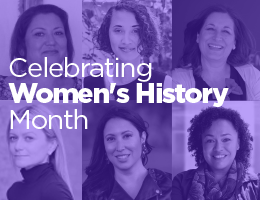
All during Women’s History Month we are celebrating women leaders in the cultural sector. Join us each week to meet women whose work inspires us. Thank you for being a force in the global cultural community!
Follow our Social Media channels and join the conversation. LinkedIn Twitter Instagram
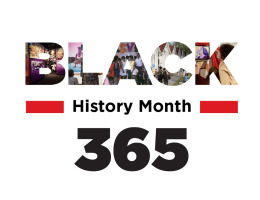
Here at Lord Cultural Resources, we believe that Black history is made, and should be celebrated 365 days of the year. This February, we are honoring many of the incredible institutions we have worked with over the years.
Follow our social media channels to join the conversation.
Read More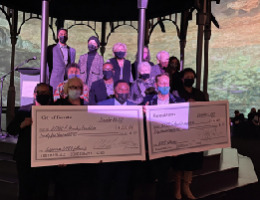
The public launch of the BIPOC Fellowship took place at the immersive ‘Beyond Monet’ exhibition, bathing all 150 participants in a purple glow.
In her opening remarks, the Hon. Elizabeth Dowdeswell, Lieutenant Governor of Ontario and Honourary Patron of the Initiative, proclaimed “Tonight we are speaking of diversity and inclusion -- a new era has begun for the Gallery, Library and Museum sector in Canada. The impact of the BIPOC fellowship will be felt for generations to come.”
Read More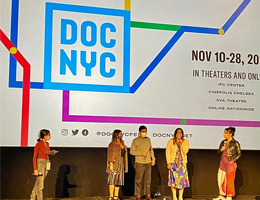
The Plywood Project documentary had its world premiere on November 11th at Doc NYC, one of the largest and most prestigious documentary film festivals.
Read More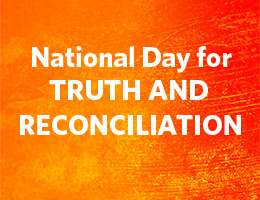
Canada’s federal government has provided an opportunity on September 30 for all federal employees and employees of federally regulated companies to learn about and reflect on the legacy of residential schools. This is named the National Day for Truth and Reconciliation. We invite you to join us in this day of reflection, if you are not sure where to start, here are some helpful resources.
Read More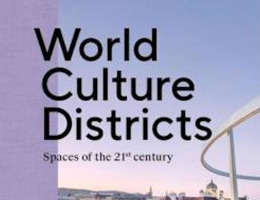
Cultural districts are playing a key cultural and social role throughout the world in the twenty-first century. They offer an incomparable density of art and culture and have a profound influence on the development of cities and regions. "World Culture Districts" presents the first-ever overview of this phenomenon, featuring fifteen of the most important cultural districts on six continents. The range of different kinds of cultural districts and their respective influence on space and society is revealed, and essays by international experts such as Gail Lord, Adrian Ellis, Matthias Sauerbruch and Louisa Hutton, Vitus H. Weh and Christian Strasser shed light on current issues surrounding their development and impact.
Read More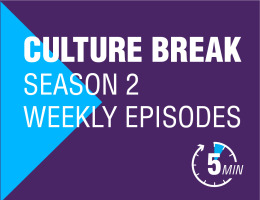
You’re invited to take a ‘Culture Break’ this Friday September 10, at 12pm EST, with Season 2 of Lord Cultural Resources video series that offers a cultural appetizer and entree all in under ten minutes.
Read More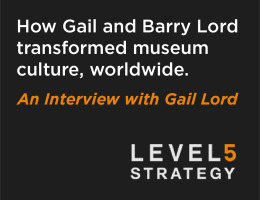
Join Gail Lord as she reflects on the origins of Lord Cultural Resources and the role of modern museums today, in these two interviews hosted by Level5 Strategy, a leading Toronto-based strategy and transformation consulting firm.
Read More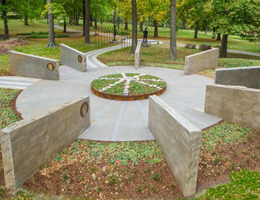
On Indigenous Peoples Day, and every day, all of us at Lord Cultural Resources stand by and with Indigenous people, especially those experiencing generational trauma from Canada's residential school system and from ongoing systemic racism.
Read More